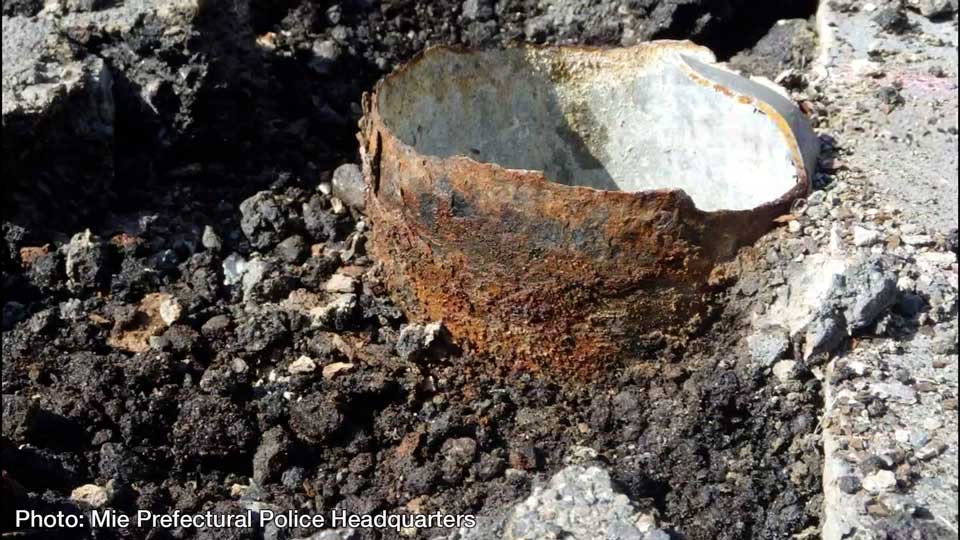Authorities were initially baffled when an iron traffic light collapsed in the Mie Prefecture in Kansai, Honshu. The six-meter pole (19 feet) fell on some bushes without harming anyone, but now, the likely culprit has been found
It’s pee. Lots and lots of dog pee.

This type of pole is designed to last around 50 years. This one broke just 23 years after it was installed. In Japan, a country known for its stellar engineering, this doesn’t happen very often, so authorities wanted to see what was the cause. The structure of the pole seemed alright, so why did it break?
A favorite spot
It was the chemical analyses that pointed to foul play; canine foul play, that is. The concentration of urea in the underground foundation of the pole was 42 times greater than in other nearby traffic lights. Around the column edge, the concentration was also 8 times greater.
Since urea is a waste product found in urine, officials started to suspect that it was dogs’ urine that was causing the problem. A brief investigation found that plenty of people walk their dogs in the area, and when a new traffic light was installed, it too became a prized urinating spot for dogs.

The urine of mammals can corrode metal, as seems to have been the case here. Although it won’t happen overnight, the damage can accumulate year after year.
“Even if the amount of urine is just a little, the repetition over a long period can damage public infrastructure and cause it to collapse,” says officer Takahashi Koji, who serves in the traffic management and control division of the prefectural police.
After this, things got even more bizarre.
Pee at home
Koji called on dog owners to find other places for their pets to urinate — which seems reasonable enough. A tree or a park or something, right? Well, not really. “We want them to look at alternatives, like encouraging their animals to pee before they go for a walk,” Koji said.
As NHK reports, dog owners in the area were very confused, but veterinarian Shibanai Akiko agrees and says it’s time for dogs to start peeing at home.
“Dogs don’t stress out even if they don’t excrete or pee during a walk, or they don’t mark their territory,” she explains. “Also, it won’t cause them to get sick.”
“I recommend that owners discipline their dogs to excrete at home to check their health condition through their excretory substances. This is also to let dogs realize they are members of our society,” she says.
So, uhm, is it time for dogs to start peeing at home, and not just walk on walks? What do you think?









